|
As countries in the southern hemisphere head into winter, millions will be weighing up the odds on whether or not to have a flu vaccination. The answer to the question feels particularly acute given the spread of the coronavirus pandemic. Marietjie Venter unpacks the science behind the flu jab, and what it means in relation to COVID-19. The bottom line is that it won’t protect you against the new coronavirus, but there are a host of other reasons why it’s a good idea.
Meanwhile, Australia has drawn Beijing’s ire by calling for an investigation into whether China should be held responsible for the coronavirus outbreak, given that the first case was reported in the Chinese city of Wuhan. Tony Walker explains why this represents one of the lowest moments in Sino-Australia relations.
|
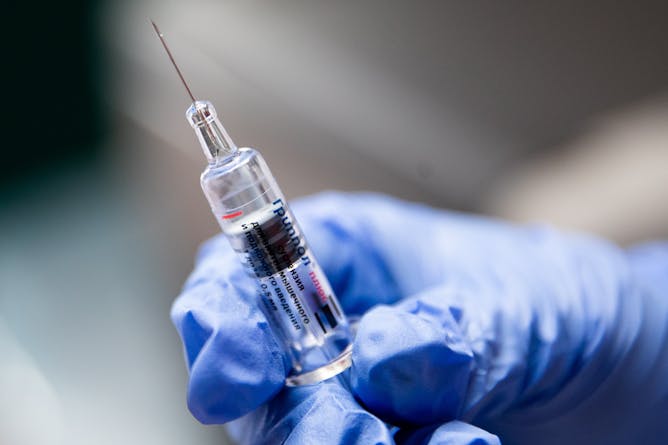
Getty Images
Marietjie Venter, University of Pretoria
The flu vaccine will not protect you from getting COVID-19. But it will help avoid unnecessary doctors' visits and protect vulnerable groups from potentially more severe disease.
|

AAP/Lukas Coch
Tony Walker, La Trobe University
China’s bullying behaviour, its threatened resort to a form of economic blackmail and its attempts to drive a wedge between Canberra and Washington mark a vexed new frontier for Australian diplomacy.
|
COVID-19
|
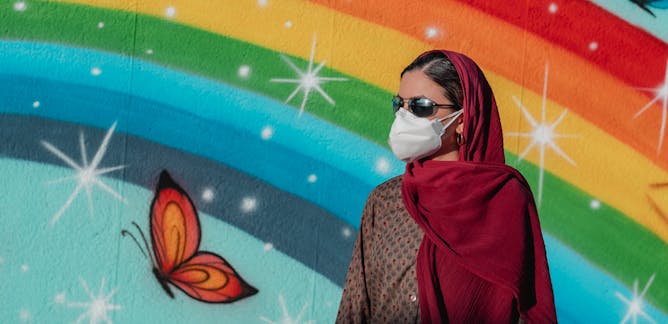
Katherine Bullock, University of Toronto
Now that face masks are being used to help fight the spread of COVID-19, it has caused some to look anew at discrimination against Muslim women who wear niqabs.
| |
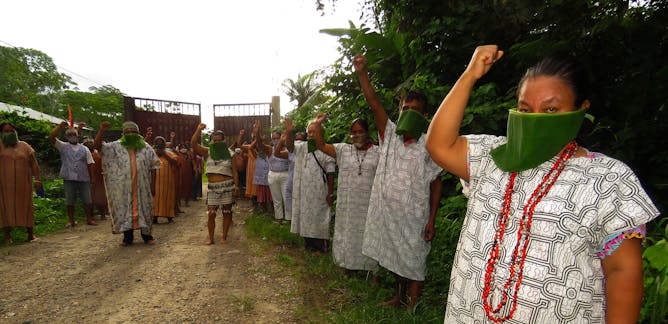
Nina Moeller, Coventry University; JM Pedersen, Coventry University
The lockdown may be a greater worry than the disease itself.
|
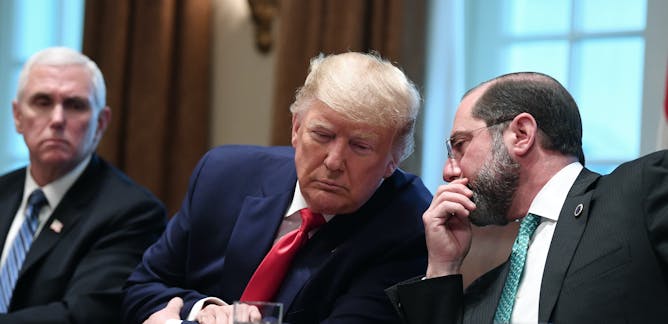
Chris Tyler, UCL; Peter Gluckman
Despite all the effort that goes into predicting disasters, governments have been bad at acting on what they were told.
| |

Loren Falkenberg, University of Calgary; Jillian Walsh, University of York
The response to COVID-19 should become a learning opportunity on how to develop more illness-proof economies.
|
|
|
Environment + Energy
|
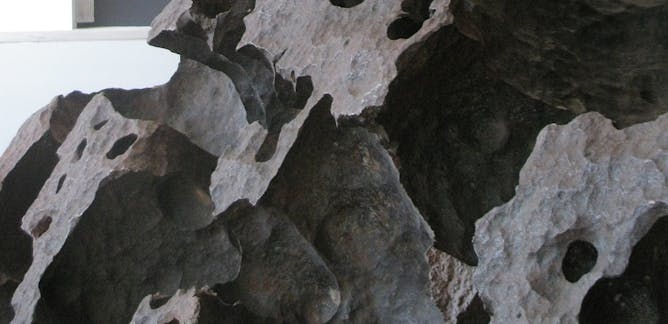
Daniel Garcia-Castellanos, Instituto de Ciencias de la Tierra Jaume Almera (ICTJA - CSIC)
Tomanowos, aka the Willamette Meteorite, may be the world's most interesting rock. Its story includes catastrophic ice age floods, theft of Native American cultural heritage and plenty of human folly.
| |
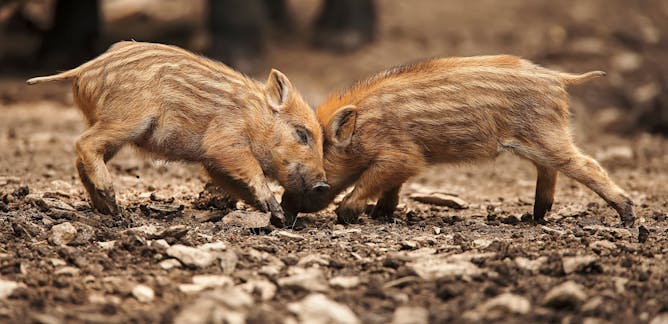
Gareth Arnott, Queen's University Belfast
Female piglets with more play fighting experience did better in adult contests – but for males the opposite was true.
|
|
|
En español
|

Alberto Nájera López, Universidad de Castilla-La Mancha; Jesús González Rubio, Universidad de Castilla-La Mancha; Juan de Dios Navarro López, Universidad de Castilla-La Mancha; Lydia Jiménez Díaz, Universidad de Castilla-La Mancha
Esta sustancia podría detener la tormenta de citoquinas que ataca el cuerpo de algunos pacientes infectados por coronavirus.
| |
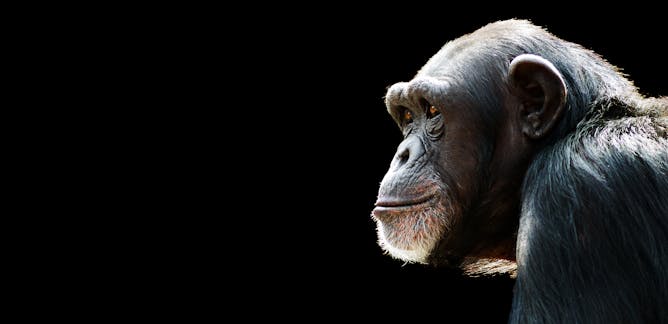
Esperanza Gómez-Lucía, Universidad Complutense de Madrid
Algunos de nuestros parientes más cercanos pueden infectarse con el nuevo coronavirus, desarrollar síntomas de COVID-19, transmitir el virus y responder formando anticuerpos protectores.
|
|
|